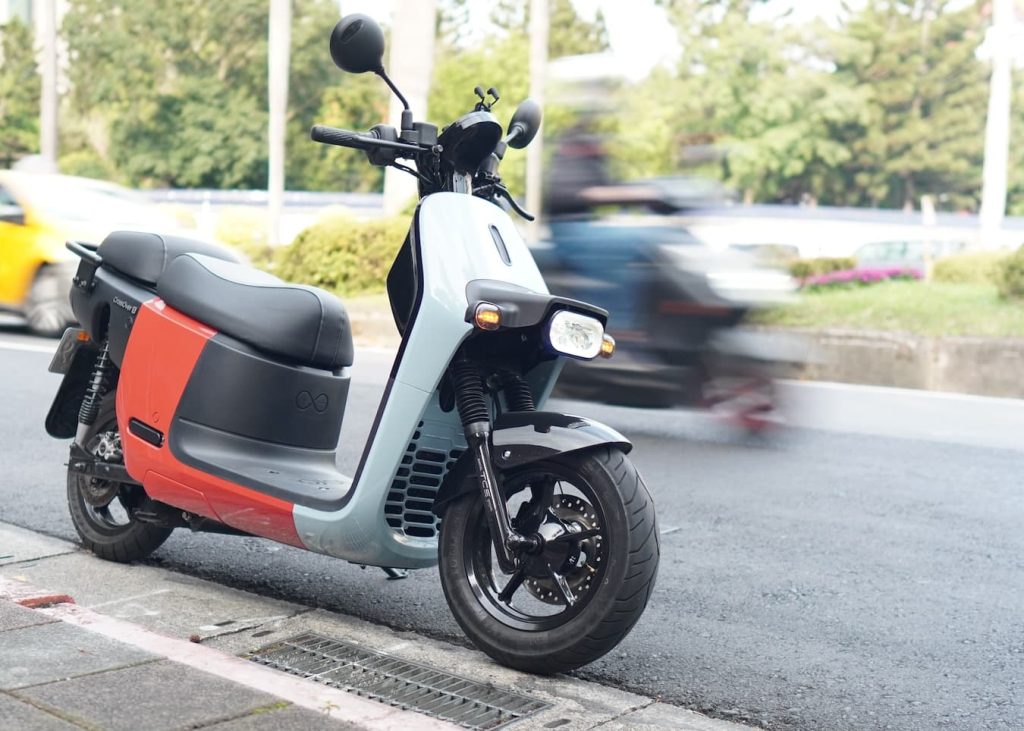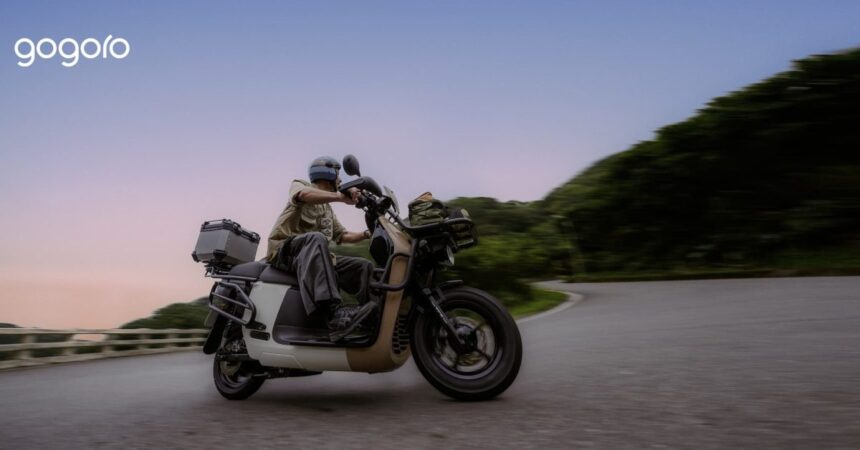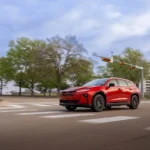Gogoro has been riding high in recent times, showcasing a steady stream of innovative scooter designs while expanding its market presence to new international territories. As the pioneering e-scooter brand expands its reach, the company is now adding Nepal to its global network, further solidifying its presence on the world map.
Gogoro’s e-scooters are renowned for their innovative battery-swapping system, where thousands of green and black battery modules are swapped daily, forming the foundation of a vast network of seamless rides.
Headquartered primarily in Taiwan, Gogoro has successfully diversified its global presence through strategic partnerships with local energy companies, thereby expanding its market reach. Gogoro partnered with Nebula Power, a fully owned subsidiary of MG Group, to penetrate the Nepalese market. As a pioneering power enterprise, Nebula is committed to leading the way towards an environmentally sustainable and energy-independent future for Nepal.
At a joint press event in Kathmandu, Nebula Power partnered with Gogoro to unveil Nepal’s first-ever battery-swapping station. Nebula has transformed into a licensed and distinctive partner for Gogoro throughout the country.
As a pioneer in eco-friendly urban transport, Nebula Power’s chairman Manoj Goyal emphasized the company’s commitment to supporting Nepal’s goal of achieving zero emissions, leveraging innovative green energy, mobility solutions, and expertise.
Taiwan’s Gogoro is launching its innovative Crossover GX250 electric scooter nationwide, alongside a network of battery-swapping stations for seamless transportation experiences.
The Gogoro Crossover GX250, a pioneering electric scooter unveiled at the end of last year, boasts a revolutionary “off-road capable” utility design, featuring enhanced load-carrying capacity and rugged terrain navigability, earning it the distinction as the world’s first two-wheeled SUV. Each of these key options is crucial for the Nepal market.
“We’re thrilled to collaborate with visionary leaders at Nebula Power, whose commitment to revolutionizing Nepal’s electric motorcycle sector aligns seamlessly with our own mission.” Nepal is pioneering the adoption of fresh power technology, driving the widespread use of electric vehicles (EVs) in both two- and four-wheeled segments. According to Gogoro’s founder and CEO Horace Luke, their partnership with Nebula Power is poised to make a significant impact. The collaboration between these two companies shares a common vision for rapidly accelerating the electrical transformation of Nepal’s two-wheel transportation sector. Gogoro battery swapping is optimized to offer handy Swap & Go entry to Gogoro Sensible Batteries in seconds.
The Gogoro CrossOver GX250 has been designed to cater specifically to Nepalese riders, featuring additional seating capacity, increased storage options, and enhanced ground clearance for improved ride comfort.
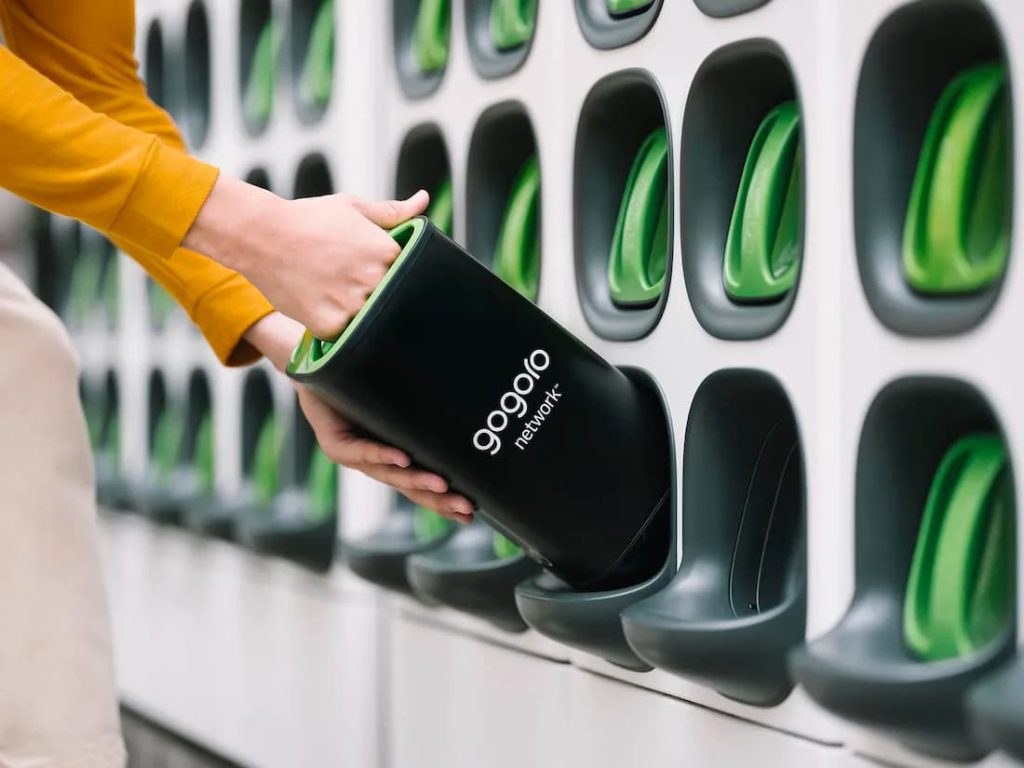
In line with its global expansion into numerous countries over recent years, Gogoro’s initial electric scooters in Nepal are designed for business-to-business applications. With Gogoro’s electrical scooters gaining traction among supply and courier providers, their riders – who spend extended periods using the vehicles throughout cities and rural areas – rely heavily on battery swapping, achieving rapid “refueling” akin to a traditional gas station fill-up for combustion engine bikes and scooters.
In Gogoro’s innovative initiative, strategically placed GoStations are deployed at intervals of approximately one to two miles throughout the Kathmandu valley, allowing for efficient and convenient battery swapping.
Despite these challenges, Nebula is poised to begin offering Gogoro’s electric scooters in shopper retail spaces by year-end.
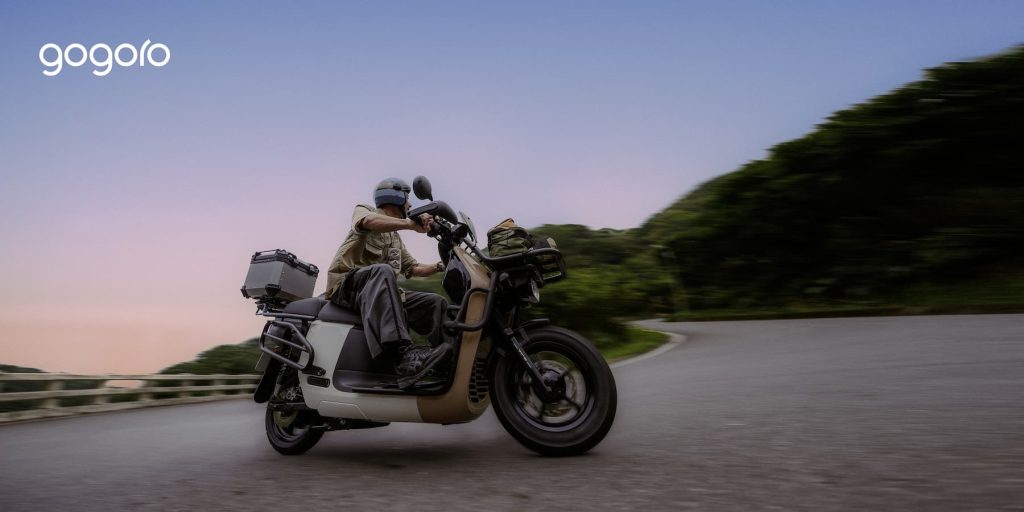
Electrek’s Take
As news of another Gogoro milestone spreads, my enthusiasm for the potential to revolutionize global transportation and significantly reduce emissions only intensifies. While electric vehicles gain traction on Western highways, a vastly larger impact on air quality and carbon emissions stems from millions of polluting two- and four-stroke scooters and motorcycles in Asia. By concentrating on scooters, the potential for success appears ripe, considering that far fewer resources are necessary to manufacture one compared to a full-fledged automobile.
The Gogoro Crossover GX250 is an intriguing model, and I was fortunate enough to test ride one in Taiwan last month. Acquired the capability to navigate serpentine mountain routes with ease, a feat I’ve had the pleasure of experiencing firsthand. Moreover, it’s robust enough to tackle rough off-road terrain or serve as a reliable companion for transporting a household’s essentials, such as a week’s worth of groceries and miscellaneous items. For a mannequin’s journey to make sense in Nepal to occur.
People frequently inquire about Gogoro’s expansion plans into European and North American markets, wondering when the brand will make its presence felt in these regions. While Asia remains Gogoro’s stronghold, a notable expansion into Latin America suggests a promising direction for future growth. Despite being a tempting opportunity, the Asian markets may be so lucrative that corporations have no choice but to focus their attention on them instead. In many Asian countries, two-wheelers are the overwhelming mode of transportation, making Gogoro poised to have a significantly greater impact in these markets. While Gogoro’s expansion into Europe is uncertain, its potential success could be bolstered by the region’s stronger cultural affinity for scooters and bicycles as a primary mode of transportation. In the US, there’s no need to hold our collective breath for a swift Gogoro entrance.
